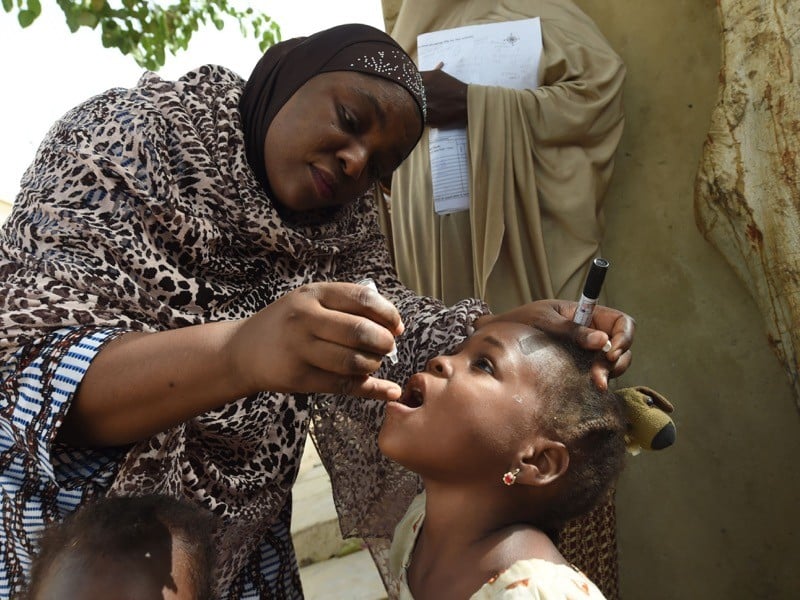Malawi’s health authorities have declared a polio outbreak after a case was detected in a young child in the capital Lilongwe, the first case of wild poliovirus in Africa in more than five years, the World Health Organization (WHO) said.
The WHO said in a statement that laboratory analysis showed the strain detected in Malawi was linked to one that has been circulating in Pakistan, where it is still endemic.
“As an imported case from Pakistan, this detection does not affect the African region’s wild poliovirus-free certification status,” the WHO said.
WHO said it was giving its assistance to the health authorities in Malawi, carrying out a risk assessment and outbreak response and deploying the Global Polio Eradication Initiative’s (GPEI) rapid response team. It is also stepping up supplemental immunization.
Malawi last recorded a case of wild poliovirus in 1992.
Polio is a highly infectious and debilitating disease that is usually spread through contaminated water or food. Invading the nervous system that can cause total paralysis within hours. There is no cure for the disease, but an effective vaccine was developed in the 1950s, which has led to its eradication in many parts of the world.
The WHO said in a statement that laboratory analysis showed the strain detected in Malawi was linked to one that has been circulating in Pakistan, where it is still endemic.
“As an imported case from Pakistan, this detection does not affect the African region’s wild poliovirus-free certification status,” the WHO said.
WHO said it was giving its assistance to the health authorities in Malawi, carrying out a risk assessment and outbreak response and deploying the Global Polio Eradication Initiative’s (GPEI) rapid response team. It is also stepping up supplemental immunization.
Malawi last recorded a case of wild poliovirus in 1992.
Polio is a highly infectious and debilitating disease that is usually spread through contaminated water or food. Invading the nervous system that can cause total paralysis within hours. There is no cure for the disease, but an effective vaccine was developed in the 1950s, which has led to its eradication in many parts of the world.


















